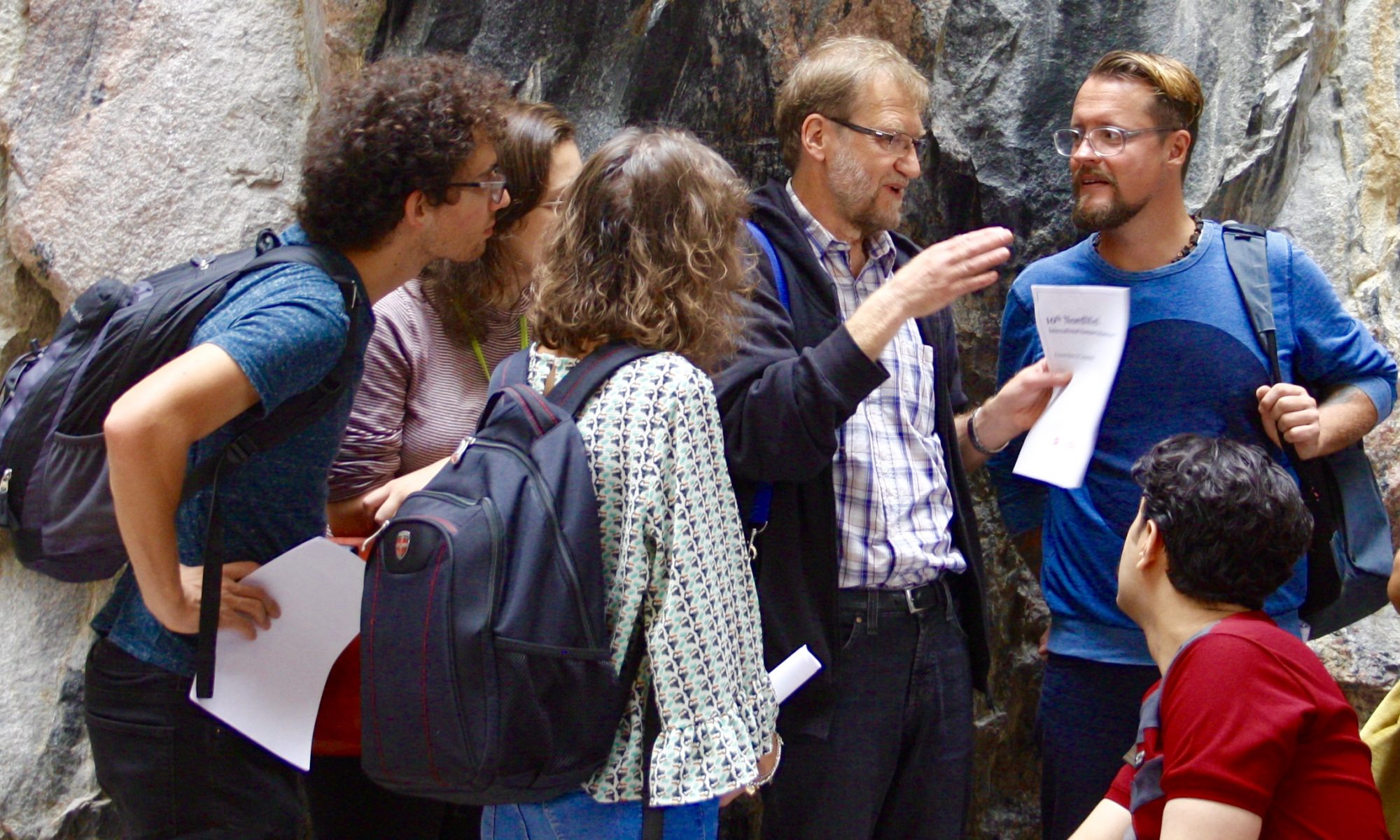The Normative Charges of Work: The Labour Market and the Welfare State
The critique of an unreflected separation between the welfare state research and labour-market research is a point of departure for this team. Insofar as the Nordic welfare states can be interpreted as products of “secularised Lutheranism”, one may argue that one of their main aims has been to make it everybody’s right to follow the moral precept that everybody ought to work. The making of “the Nordic model” resulted in a particular complex of the welfare state, labour market regime and gender system. The gender system, since the 1970s, includes a two-hold dependence of women on the welfare state: on the preconditions created for their work outside the home (e.g. child care) and on the jobs created within the welfare state, in strongly gender-segregated labour markets.
Two – far from self-evidently compatible – principles were simultaneously reinforced: the universalist idea of social rights based on citizenship, on one hand, and the dominance and normalcy of wage work and salaried work as a social form of work, on the other hand. In the team, the historical preconditions for the adjustment of wage work and social citizenship are scrutinised. This includes “longue durée” analyses of the political-cultural dimensions of the so-called Nordic class compromises and the principle of working life issues being regulated through autonomous agreements between the voluntary organizations of employees and employers.
It also includes research in the practical interconnectedness of the welfare state and wage-work society. Arguably, in the field of social security, the “work performance model” with its labour-market-oriented and income-related benefits became linked with the principle of social citizenship: the right to a secured continuity of income came to be interpreted as an aspect of citizenship. The most obvious mode in which the principles of wage work and social citizenship were simultaneously reinforced was the construction of extensive public social services. These services, defining and meeting the needs of health, care and education, bore the character of universal social rights at the same time as they created preconditions for the generalising of wage work as the norm. A transformation of the gender division of labour was crucial here, associated with redefinitions of the relationship between the family and society. The normative charges of work has again become the focus of attention from the 1990s with political emphasis on ideas such as “workfare” and stimulated by discussions on unemployment and labour market integration.
